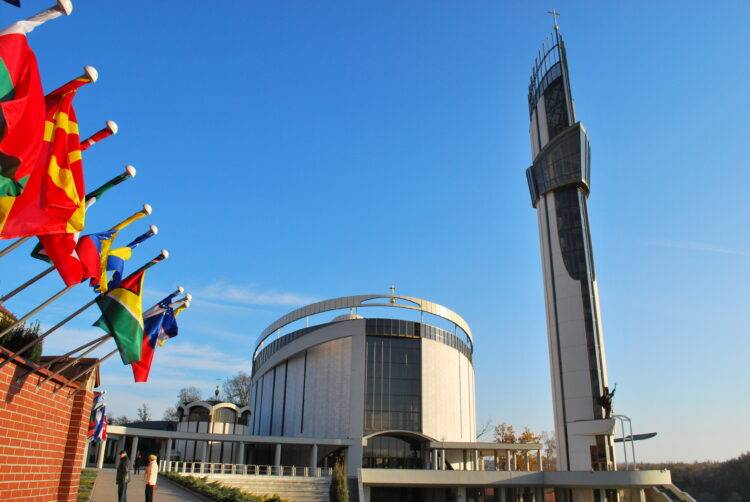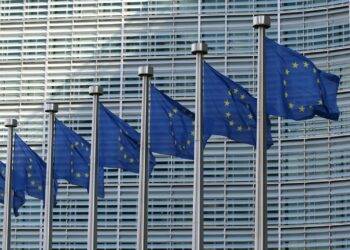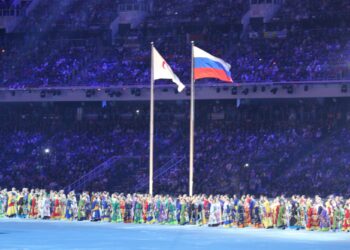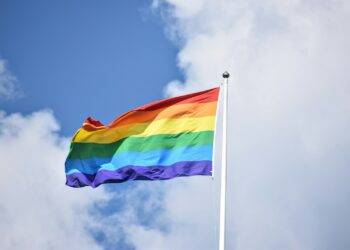The Divine Mercy Sunday of 2024 in Krakow’s Łagiewniki district was a profound manifestation of faith, drawing thousands into a communal embrace of forgiveness and hope. Rooted in the mystical experiences of Sister Faustyna Kowalska, recorded in her “Diary,” this celebration marks an essential chapter in the Catholic Church’s liturgical calendar, occurring on the first Sunday after Easter. The event underscores the enduring legacy of Sister Faustyna’s messages of Christ’s mercy, which continue to resonate worldwide.
Established by Pope John Paul II in 2000, Divine Mercy Sunday honors the visions received by Sister Faustyna Kowalska in the 1930s, emphasizing God’s endless mercy towards all souls, especially sinners. The day’s significance is amplified in Krakow-Łagiewniki, home to the Sanctuary of Divine Mercy, where devotees gather to delve into the depths of spiritual introspection and renewal.
Sister Faustyna Kowalska, born Helena Kowalska, was a Polish Roman Catholic nun and mystic. She is renowned for her diary, which records her mystical experiences and conversations with Jesus Christ. These revelations led to the establishment of the Divine Mercy devotion. Throughout her life, Kowalska reported having visions of Jesus and conversations with him, which she detailed in her diary, later published as the book “The Diary of Saint Maria Faustina Kowalska: Divine Mercy in My Soul.” The Roman Catholic Church canonized her as a saint in 2000. Her message of God’s divine mercy continues to inspire millions worldwide.
Father Michał Kania, rector of the Higher Seminary of the Archdiocese of Krakow, during the Mass on Divine Mercy Sunday, emphasized focusing entirely on Jesus Christ. He articulated how the peace emanating from Christ transforms hardened hearts and fosters perseverance in goodness. Father Kania’s message highlighted that the merciful God reaches out to everyone, inviting us to extend the same mercy to others, encapsulating the essence of Divine Mercy Sunday.
The annual observance of Divine Mercy Sunday, particularly in Łagiewniki, transcends a mere religious ritual; it represents a collective journey towards understanding and living the principles of divine mercy. It’s a call to action for the faithful to embody the mercy they seek, impacting lives beyond the confines of the sanctuary.


















